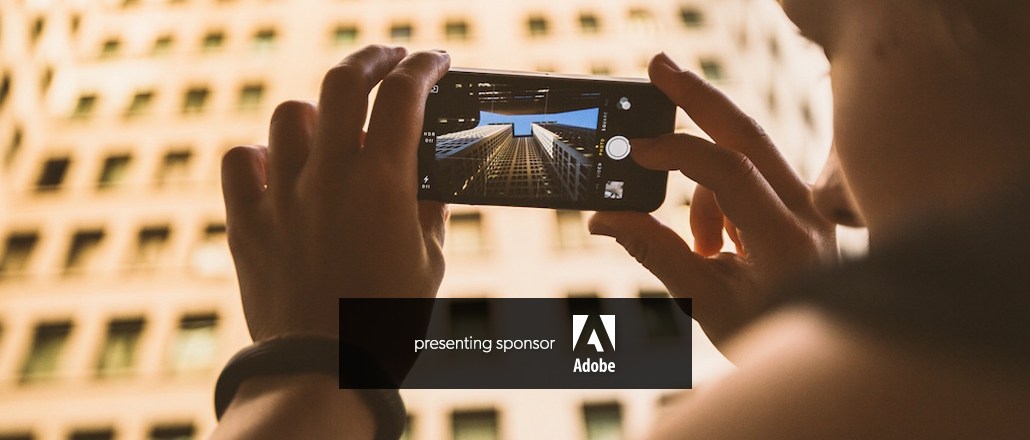Save 50% on a 3-month Digiday+ membership. Ends Dec 5.
‘People go after a name, not a connection’: Marketers sound off on what’s wrong in influencer marketing

This is part of a series on content strategies for brands as publishers, a deep dive into how brands are building out content offerings.
Influencer marketing is the hottest buzzword of the moment, especially among the content marketers attending the Digiday Content Marketing Summit this week in Park City, Utah. But while everyone wants to use influencers, people recognize that there are a lot of problems with the method. So we asked brands what their biggest challenge with influencer marketing was.
BJ Caretta, vp, digital brand marketing, Fender
“I feel like too many folks toss out influencer marketing without really digging into what purpose it should serve within the bigger strategy. I often see social influencers who have robust followings pushing products that they have no real affiliation with. In order to be true influencer marketing there must be a connection, it must fit into someone’s lifestyle seamlessly and not look like a celebrity endorsement. Because you have a million followers shouldn’t mean ‘let’s do a deal’.”
Doug Busk, global group director, digital communications & social media, Coca-Cola
“Our biggest challenge with influencer marketing: Value. While the company successfully leverages influencer relationships — most recently in Rio — we find the utility inherently limiting when it comes to the brand journalism focus of [Coke publication] Journey. We focus, instead, on influence as an adjective as in influential content. If we are doing our best to produce stories around the world that are intriguing enough to share, that engagement indicates real influence. If we are lucky to have an author with their own influence, such as an award-winning chef, that too works, but the focus is always on creating engaging content that provides its own influence not the other way around.”
Jason Wiley, vp, content & integrated marketing, Philadelphia 76ers
“People use them wrong. They need to be focusing on the organic influencer who is also invested with their brand. People go after a name, not a connection. Go after everyday people with a million followers who are engaged and care. They don’t charge as much, you can get them to move the needle.”
Nicole Smith, global digital marketing strategy lead, Dell
“Our biggest challenge with influencer marketing was having a relationships with influencers that were meaningful to them where they would want to be brand ambassadors. Initially, a lot of our influencer marketing was basically using influencers as content producers. The person who manages influencer marketing took our program and said, ‘OK what’s in it for these guys?’ They’re truly influential in these spaces already. It can’t just be about them doing videos and blogs for us.”
More in Marketing

Ulta, Best Buy and Adidas dominate AI holiday shopping mentions
The brands that are seeing the biggest boost from this shift in consumer behavior are some of the biggest retailers.

U.K. retailer Boots leads brand efforts to invest in ad creative’s data layer
For media dollars to make an impact, brands need ad creative that actually hits. More CMOs are investing in pre- and post-flight measurement.
Ad position: web_bfu